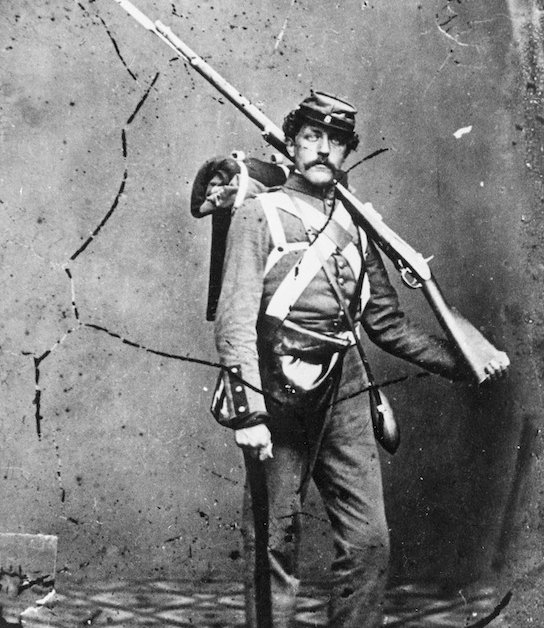Not sure what you mean. There are numerous safety regulations in place for all those things. These tools are subject to manufacturing standards from organizations like OSHA, ANSI, and the Consumer Product Safety Commission (CPSC). For example, chainsaws must have features like blade guards, chain brakes, and throttle interlocks to reduce risk. Power tools also require UL certification for electrical safety. In workplaces, OSHA mandates training, protective equipment, and proper handling procedures. Even for home users, retailers provide warnings and safety manuals, and there are liability laws encouraging manufacturers to design safer tools. The point here is that while you’re not forced to take a class to buy a chainsaw, there are still systems in place to reduce accidental harm because those tools are inherently dangerous.
But regardless, guns are more dangerous tools than those other things you listed. They are not tools meant for construction or yard work — their primary design purpose is to kill or injure. A person misusing a chainsaw might hurt someone nearby, but it’s nearly impossible to commit a mass killing with a chainsaw or angle grinder (outside of cheesy horror movies). One angry or unstable person with a gun, however, can kill multiple people- in seconds. That’s why it’s more appropriate to compare guns to cars than to power tools. Cars can also be deadly when misused, and as a result we require licenses, registration, insurance, written and driving tests, and regular renewals. Guns, which are far more effective for intentional harm, should logically be regulated even more carefully — not less. But even cars have far more regulations on their manufacture, sale, and use than firearms today.
So the fact that tools are “up to you to use safely” isn't quite accurate, and doesn’t undermine the case for gun control. It just proves that the more dangerous and lethal something is, the more regulation it reasonably deserves.

